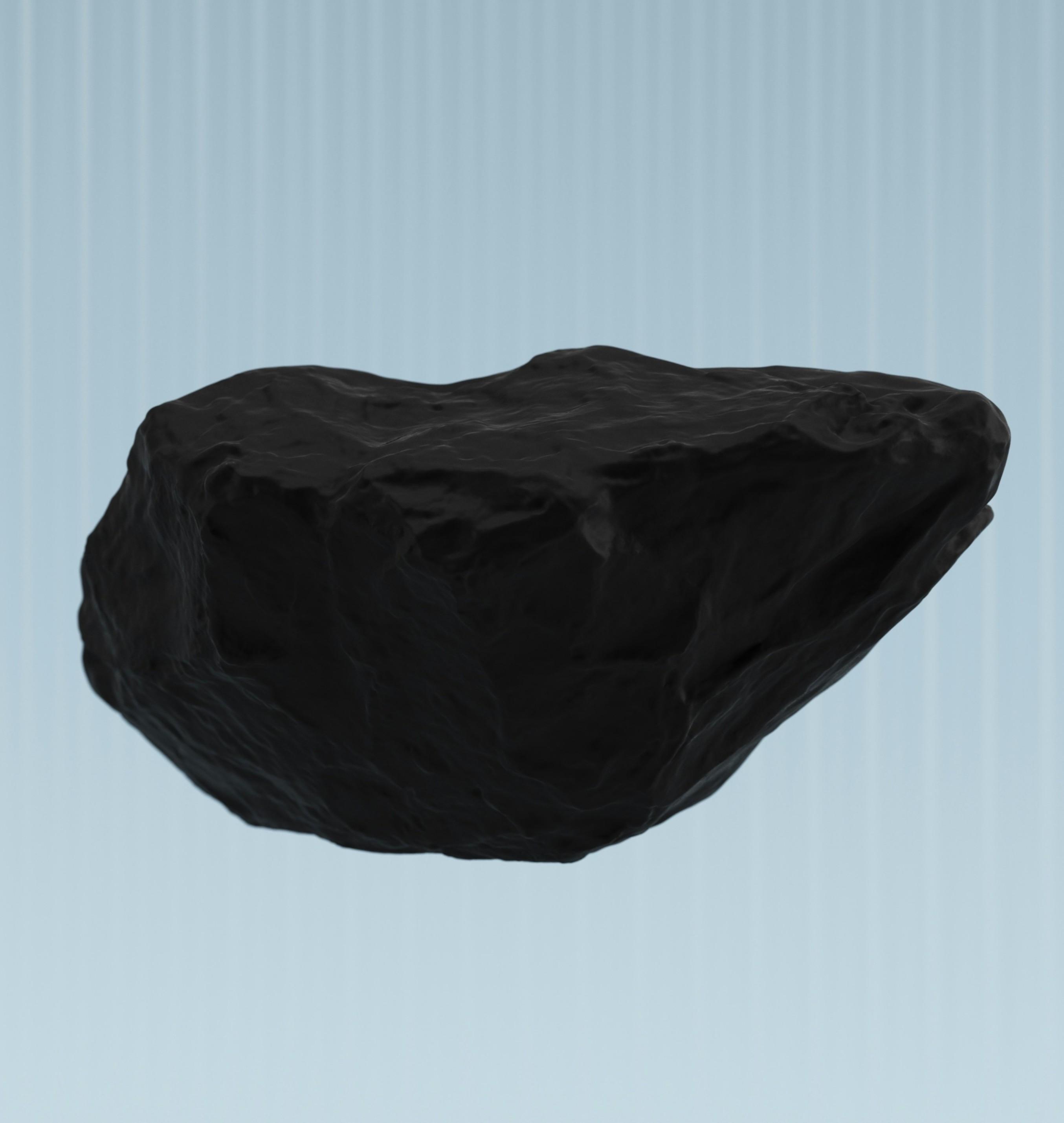Insights
Pathfinder’s position on Gaza
The intersection between ethical investing, human rights and war

“Whether your investments hold weapons or not is ultimately a personal choice.” John Berry, Pathfinder CEO
Human suffering from conflict zones like Gaza and Ukraine has led to an increase in the number of questions we receive regarding financing the arms industry. Stemming from the astute adage ‘follow the money’ people have been analysing companies' moral responsibility based on whether their product or service has been used in conflict zones.
This demonstrates people are waking up to how investing shapes the world we live in; and it’s motivated many to change fund managers, selecting an investment provider that better aligns with their values.
As a consequence of this we have been asked (a lot) of questions from conscientious investors about Pathfinder’s position on current conflicts, so we’ve decided to answer these questions here.
Does Pathfinder invest in Israeli companies?
Pathfinder has no holdings in Israeli companies nor Israeli government bonds.
We consider geopolitical risks when choosing investments for our KiwiSaver funds, and for this reason, we don’t hold companies in Israel, Taiwan, Russia or Ukraine. Nor do we hold corporate bonds or government bonds in any of those countries.
In our Green Bond Fund (which our KiwiSaver invests into) we have some debt exposure to emerging market countries including the Philippines, Venezuela and the Dominican Republic. This is because ‘green bonds’ are a type of financing where the money borrowed is used for a specific project targeting climate and environmental solutions. We want to support these projects – like wind farms or electrification of rail - around the world.
Historically, we have been reluctant to invest in emerging markets because we consider them, in general, to have less-developed economies, lower governance standards and fewer protections for human rights and environmental concerns.
Does Pathfinder have a position on war?
Pathfinder does not support violence, military threats or war as a means to resolve disputes. As ethical investors, we focus on where we can have the most impact: striving to avoid the support of weapons manufacturers by applying exclusions to our investment process. You can read more about our weapons exclusions in our Ethical Investment Policy here.
Does Pathfinder still invest in Caterpillar?
Caterpillar was flagged by Mindful Money for human rights violations (war and conflict) because their bulldozers have been reported to be involved in conflict-affected areas such as Gaza where their bulldozers have been used to demolish Palestinian homes.
We listed Caterpillar on our ‘Companies of Concern’ register in December 2022, ultimately deciding to retain it due to proximity – the company itself wasn’t weaponising and demolishing homes in Gaza and we decided it wasn’t accurate to hold them accountable for what people did with their products post purchase.
However, responding to heightened global conflicts and customer queries, our Ethics Committee reconsidered our position on 17 November 2023. They reviewed the holding with consideration of the following:
- Will divesting it have a negative impact on the construction of our portfolio?
- Is it consistent with our vision/mission?
- Does it pass our three filters (respecting people, planet and animals)?
- Does it positively contribute to our themes for positive investing?
Our Ethics Committee ultimately decided to divest Caterpillar on the basis that the holding did not meet at least two of these objectives. The stock was divested three days later.
Divesting is when we sell our shares in a portfolio company - we do this if the shares are not performing or if we find a company has changed in some way and their actions no longer fit with our Ethical Investment Policy (and an exception is not granted). As active managers we can pick and choose which companies we want to invest in and which ones we don’t want to invest in. This analysis and flexibility is one of the reasons why active managers typically charge higher fees than passive managers.
We've recently updated our policy and our divestment process - you can read more about that here on page 6.
Surely we need KiwiSaver providers to invest in weapons companies, in fact not investing in weapons is harmful and destabilising for the world?
We disagree, and our thinking is as follows:
As an investor in a weapons company, you have no say over the types of weapons a manufacturer produces nor who it supplies around the world. You might support the production of weapons used only for defensive purposes, but the same weapon (like a fighter jet) can also be used offensively. We don’t get to choose how it is used, and because it can be sold to governments around the world, we also don’t get to choose where it is used.
Ultimately, our choice as a KiwiSaver provider to minimise investment in weapons companies makes an important statement but in itself does not starve large stock exchange listed weapons companies from raising capital. We do not risk destabilising the world by doing this, but we do lead a very important conversation about the type of future world we want.
If you want to see the world solve its problems through methods other than violence and death, we don’t believe that investing in weapons is the way to go. This reflects our thinking regarding investing for the world we want, not necessarily the one we have.
The Economy of Conflict means that people who profit from holding stocks in the arms industry, whether they realise it or not, are disincentivised to want peaceful solutions. At Pathfinder we often say, ‘money isn’t good or bad, it’s how you make it and how you use it, that matters.’
Are your Funds 'Weapons Free'?
Mindful Money classifies the following Pathfinder funds as Weapons Free:
Pathfinder KiwiSaver Growth
Pathfinder KiwiSaver Balanced
Pathfinder Ethical Growth Fund
Pathfinder Global Responsibility Fund
Pathfinder Global Water Fund
Pathfinder Green Bond Fund
Mindful Money measures the level of investment down to 0.01% of the portfolio. Please note, the above listing focuses on funds that are invested globally and avoid weapons. In addition to the above, Australasian-focused funds are not invested in weapons since there are no major listed weapons companies in NZ and Australia.
Why do you have a 5% threshold for military weapons, equipment and services related to military weapons?
Let’s break down what the 5% threshold for revenues from military weapons, equipment and services related to military weapons means, and why we have it.
In technical terms, this means we can invest in a company that derives revenue from components of weapon systems, support systems, and services related to the weapon if it’s less than 5% of their total revenue.
To be clear, we do not seek out companies that generate 5% or less in revenue from producing military weapons, services or equipment. This threshold is used as a buffer to allow us to invest in companies who are mainly making revenue from other things, but who might make a small portion from activities related to military weapons, services or equipment.
There are a couple of reasons why we need this buffer:
When you’re talking about companies who typically generate revenue in the multi-millions sometimes billions of dollars, less than 5% of that is another way of saying it’s a small part, not a core part, of their business. So, it usually rules out companies whose purpose is to produce military weapons or related services or equipment.
To rule a company in or out, based on a revenue threshold (such as 5%), we rely on data providers and publicly available information to tell us how much a company makes from all its different revenue streams. This requires companies to accurately record and then share this information.
We don’t want to mislead our investors, even unintentionally.
In instances where the activity we’re aiming to exclude is hard to identify, there’s any uncertainty, or it’s not reported; we use a % buffer to ensure our integrity. We wouldn’t want to promise 0% only to discover a company was making 2% revenue from an excluded activity and not accurately disclosing that.
Okay, so what’s an example of a company that earns under 5% from activity related to military weapons, services or equipment?
An example would be a manufacturing company that, among many other things, makes hydraulic products for the aerospace industry.
One common product required by this industry is piston pumps used for things such as powering the flaps on the wings of thousands of commercial airplanes. Some of those same pistons might be sold to the military for use on airplanes that are categorised as fighter aircrafts. As long as the company doesn’t make more than 5% of their overall revenue from these sales; we could still invest in them.
Pathfinder has exposure to companies who generate revenue from the sale of their products and services to military customers [1]. Different to investing directly in weapons manufacturers, these companies sell component parts or products to other companies, some of whom may be militaries.
For example, we invest in a company [2] that makes semi-conductors – these are used in a wide range of products and systems, such as powertrains, safety systems (for example airbags) and aircraft (some of which are military craft). We also invest in an engineering company [3] that sell components to the military such as transmitters, transducers, and temperature and pressure sensors - again, they make less than 5% of their revenue from these sales.
You can read more on excluding weapons in our Ethical Investment Policy and our policy around exceptions (which may mean that we hold companies that develop or distribute conventional weapons if approved by the Ethics Committee on a case-by-case basis). At the date of this blog, no exceptions for investment in weapons companies above the permitted thresholds have been granted by our Ethics & Investment Committee.
We have also removed companies from our portfolio even though they do not produce a weapon in the traditional sense. For example, Caterpillar and its bulldozers, and also a company called CAE earning significant revenue from training military pilots. You can read more about that in our 2022 Sustainability Report (page 38).
Pathfinder CEO, John Berry, says “Whether your investments hold weapons or not is ultimately a personal choice.”
If it’s important to you to avoid weapons, Pathfinder’s thorough approach, which includes a zero tolerance for production and/or distribution of civilian automatic and semi-automatic firearms and the above explained 5% threshold for revenue generated from conventional military weapons, supports you.
[1] For military weapons related revenues, we exclude companies that derive any identifiable revenue above 5% from components of weapon systems, support systems, and services related to the weapon.
For non-weapons related revenue derived from military customers, we exclude companies that derive any identifiable revenue over 50% from providing logistical services or non-weapons related products to military customers.
[2] as at July 2025. Revenue estimate from Morningstar’s Sustainalytics.
[3] as at July 2025. Revenue estimate from LSEG Data & Analytics (Refinitiv) and ISS DataDesk.


